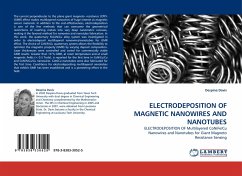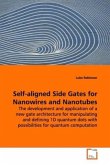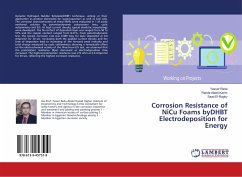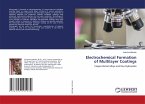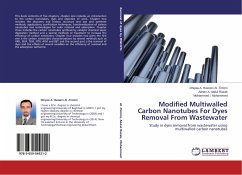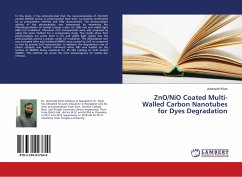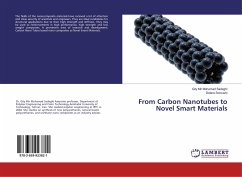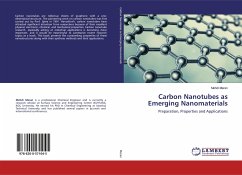The current perpendicular to the plane giant magneto- resistance (CPP)-(GMR) effect makes multilayered nanowires of huge interest as magnetic sensor materials. In addition to the cost-effectiveness, electrodeposition is one of the few methods that can overcome the geometrical restrictions of inserting metals into very deep nanometric recesses, making it the favored method for nanowire and nanotube fabrication. In this work, the quaternary FeCoNiCu alloy system was investigated in order to electrodeposit multilayered nanowires/nanotubes for GMR effect. The choice of CoNiFeCu quaternary system allows the flexibility to optimize the magnetic property (GMR) by varying deposit composition. Layer thicknesses were controlled and varied for commercially viable GMR results. Greater than 10 % GMR, at room temperature and at small magnetic fields ( 0.5 Tesla), is reported for the first time in CoNiCu/Cu and CoNiFeCu/Cu nanowires. CoNiCu nanotubes were also fabricated for the first time. Conditions for electrodepositing multilayered nanotubes that exhibit GMR has been established and is a pioneering effort in the field.
Bitte wählen Sie Ihr Anliegen aus.
Rechnungen
Retourenschein anfordern
Bestellstatus
Storno

